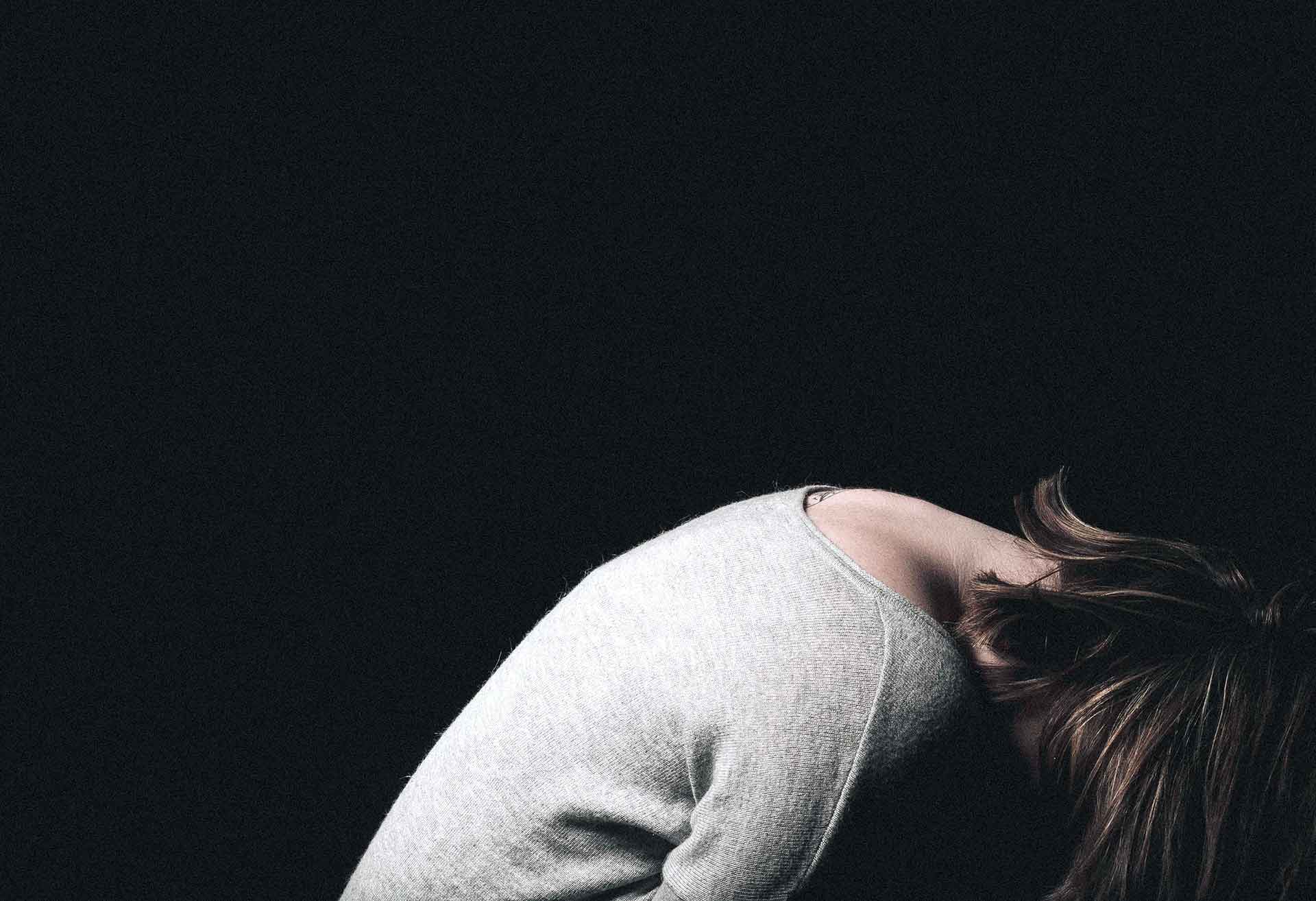
Avis hits right note in fight against domestic abuse
A song sung by Elim member Avis Scott has been chosen as the anthem to stand against domestic abuse. She explains why the battle is more vital than ever.
“Today’s my birthday, because today I have found I’m born again. Today’s the first day I’m taking back my hopes and dreams, my life, my name.”
These poignant words feature in a song, Today’s My Birthday, sung by Bont Elim member Avis Scott. The song has been chosen as an anthem to support the fight against domestic violence.
And through it, Avis, along with Christian musician, composer and presenter Mal Pope, is helping campaigner Rachel Williams raise awareness of the issue through her Stand Up To Domestic Abuse campaign.
Avis tells Direction she originally recorded the song ten years ago for Mal’s musical Cappuccino Girls, which tells the story of three women coping with life in their 30s.
“It’s about a woman who’s not been looked after in her relationship, kept down, and told she wouldn’t be good enough,” says Avis, sister of singing sensation Bonnie Tyler, who performed in Cappuccino Girls.
The song resonates with her, she explains, because her own happy marriage gave her compassion for people trapped in abusive relationships.
“My husband was wonderful. I couldn’t have had a better, more loving partner. It must be devastating if you’re in a relationship where you’re treated so badly.
“The words in the song are so tragic, but then she comes through and gets the strength to say, ‘I can do it on my own.’”
Mal Pope is delighted that Rachel is using the song in her campaign.
“I did a lot of research into domestic violence when I wrote Cappuccino Girls and learned it’s very tough to leave when half the time you don’t even know that you’re in an abusive relationship,” he says.
“You think that your partner controlling your money, who you see and how much you weigh is what everybody goes through.
“The woman in the song gets to the point where she can say, ‘I’m not going to accept that you make me feel this way anymore.’
“Hopefully this will give people the strength to realise they’re not alone and there is a chance to regain their life.”
Rachel Williams chose 'Its Your Birthday' for Stand Up To Domestic Violence’s online conference last Autumn, and it now features on the campaign website.
“When you think of Rachel’s own story the song is practically written for her because she was so seriously involved in domestic abuse for 18 years,” Avis explains.
Rachel survived attempted murder with a sawn-off shotgun at point-blank range, then lost her 16-year-old son Jack to suicide.
These experiences and her struggle through the aftermath led her to write her book, The Devil At Home, and launch Stand Up To Domestic Violence.
“I didn’t want anyone else to go through that,” she says, “so now I’m very active in campaigning and I speak a lot to the police, to social workers and so on to get the message out Rachel explains that figures showing escalating domestic violence during the pandemic, and the murders of Sarah Everard and Sabina Nessa, have made campaigning all the more urgent.
“I’m grateful that Covid shone an even brighter light on domestic abuse and violence, certainly male violence towards women.”
Between March and June 2020, for example, there were more than 206,000 domestic abuse-related calls to the police, says Rachel. An estimated minimum of 200 women take their lives every year to escape an abuser.
“There are massive repercussions from domestic abuse and violence,” she says, adding that thousands of children are trapped in toxic households and that domestic abuse costs the economy billions each year.
“I knew my relationship was abusive, but I didn’t know I was coerced because that was my daily life,” she says.
“Not being able, as a hairdresser, to cut another man’s hair or socialise with my friends – that was just the rules.”
The stories of women rescued from abusive homes are testament to the value of campaigning, says Rachel, who has a strong Christian faith.
“Domestic abuse is everybody’s business and we owe it to the next generation to stamp it out.”
What can you do?
What should you do if you think someone is a victim of domestic abuse?
“It might be that you have a neighbour who used to be quite bubbly, but all of a sudden she’s got a new partner and she’s not her old self.
When it’s safe to do so, just knock on the door and say, ‘Are you alright? I haven’t seen you for a while.’ Just reach out to her,” says Rachel.
“Or you might notice children running around the streets, nobody seems to be taking care of them and their dad doesn’t seem to be very nice to their mum, constantly arguing. Make a call to the police.
“We need to be having that conversation about domestic abuse and violence.”
Sobering statistics:
-
More than 260,000 domestic abuse-related calls were made to the police between March and June 2020 (Office of National Statistics)
-
Every 2.5 days a woman dies because of domestic violence (Safelives)
-
More than 800,000 children live in violent, toxic households (Refuge)
-
A minimum 200 women commit suicide to escape an abuser every year, and at least 10,000 try (Safelives)
-
Housing and refuge for domestic violence victims costs £187m a year (Safelives)
-
In 218 of 270 female domestic homicide cases between March 2016 and March 2018 the suspect was a partner or ex-partner (Office for National Statistics)
This article was first published in the February 2022 issue of Direction, Elim’s monthly magazine. Subscribe now to get Direction delivered to your home.
Enjoy this content? Don't forget to share